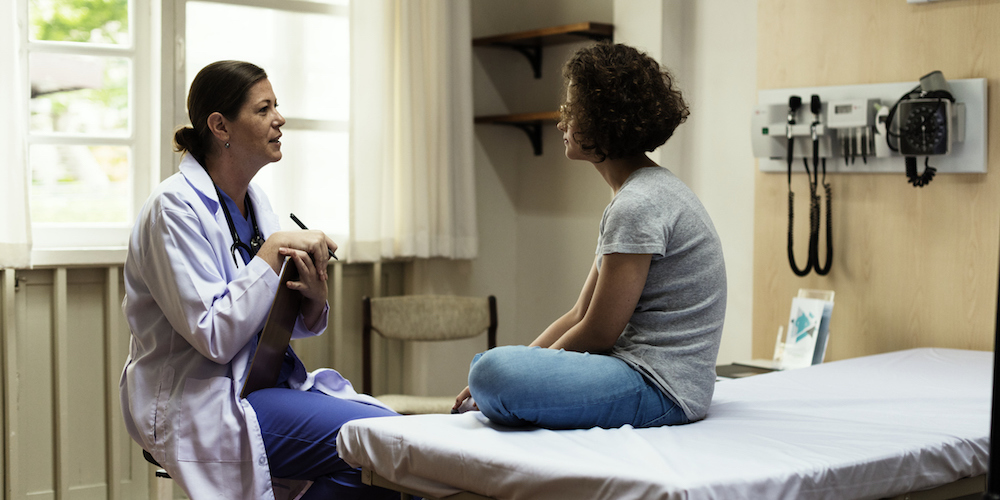It’s recommended you have a general check-up with your healthcare practitioner every year. Regular medical examinations help you stay healthy and pick up early warning signs of disease or illness.
Heart: A heart health check can be done as part of a normal check-up. It involves talking about your family history of heart disease, measuring blood pressure, taking a blood sample to check cholesterol and blood sugar levels, checking your weight and talking about your lifestyle (what you eat, how active you are, your alcohol and tobacco use and your mental wellbeing).
Blood Pressure: Get it checked every two years after the age of 18. If you have had a reading on the high side, get it checked every year.
Cholesterol: Over 45? Have a fasting blood test to measure cholesterol and triglyceride levels in the blood every five years. If you’re at high risk of cardiovascular disease, test every year or two.
Diabetes: Depending on your risk level, you should get an Oral Glucose Tolerance Test (OGTT) every one to three years. Self-assessing your type 2 diabetes risk is easy using the Diabetes New Zealand online Risk Assessment tool.
Bowel: Women with a family history of bowel cancer, or who are otherwise at high risk, may need a colonoscopy every two to five years. The National Bowel Cancer Screening Programme recommends that women between 60 to 74 have a faecal immunochemical test every two years.
Breast: Women of any age should visit their doctor if they notice any breast changes. Women aged 50 to 74, who have no personal or family history of breast cancer, should have a mammogram every two years.
Cervix: The current guidelines advise having a cervical screening test every three years. This can pick up irregularities that could be a precursor to cervical cancer. All women between 25 and 69 who have ever been sexually active should have regular smear tests.
STIs: If you are under 30 and sexually active, have a urine test for chlamydia each year, as chlamydia can affect your fertility and often has no symptoms. During a smear test, your doctor can collect samples of the fluid around the cervix to test for gonorrhea and chlamydia.
Bone: Women over 50 with risk factors may need a bone density scan. This is a special type of X-ray that measures bone mineral density.
Skin: Become familiar with your skin – even areas not normally exposed to the sun – and consult a doctor if you notice any change in shape, colour or size of a mole or lesion, or a new lesion. Also book in for a full-body skin examination every year.
Eyes: Have an eye health check for glaucoma every one to two years from the age of 40. This can also identify changes due to diabetes or macular degeneration.
Teeth: You should visit your dentist regularly. How often you need to go will depend on things like your age and the condition of your teeth, so ask your dentist.







